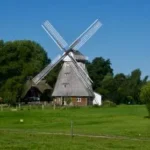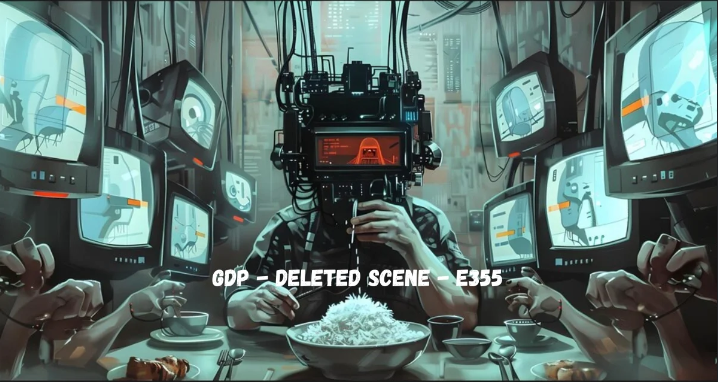1. GDP (Gross Domestic Product)
Gross Domestic Product (GDP) GDP – Deleted Scene – E355 refers to the total value of goods and services produced within a country over a specific time period. It’s one of the most widely used indicators of a nation’s economic health. Higher GDP often implies a strong economy, while a decline may signal economic troubles. GDP is not just a number—it influences national policy, international trade agreements, and people’s everyday lives.
2. Deleted Scene

In film or media, a “deleted scene” refers to a portion of a project that, while originally part of the narrative, gets cut from the final version. This could be due to time constraints, pacing issues, or because it doesn’t serve the overall storyline. However, deleted scenes often hold hidden gems—characters’ backstories, world-building details, or plot points that, while unnecessary to the main narrative, deepen the story.
3. E355

“E355” could reference several things, depending on the context, but for the purpose of our creative exploration, let’s imagine it as the title of an episode, event, or designation. It could be part of a larger series, a specific document code, or even a futuristic dystopian episode name.
Putting It All Together: “GDP – Deleted Scene – E355”
Imagine a world where “GDP” is more than just an economic metric. In a futuristic, sci-fi setting—perhaps the world of episode “E355″—GDP represents a control mechanism, a system through which governments exert influence not just over economies but over society’s very structure. The economy no longer just reflects the goods and services produced; it dictates the lives of people, who are classified, ranked, and valued based on their contribution to GDP.
In this world, the episode titled “E355” could revolve around a deleted scene from this dystopian society’s history—a piece of the puzzle that reveals how the people once resisted or questioned the all-encompassing power of GDP. Perhaps this deleted scene is metaphorical, symbolizing moments in history where humanity almost broke free from the grip of GDP-driven governance, only to be suppressed and erased from the official narrative.
GDP: The Economic Control Grid
In the world of “E355,” GDP is no longer an innocent statistic but a tool of governance. The government controls every aspect of life, assigning value to individuals based on their productivity and efficiency. The higher your personal GDP contribution, the more rights you enjoy. Those deemed unproductive are relegated to the lower echelons of society, where their freedoms are limited, and their worth questioned.
Deleted scenes, in this context, represent moments of rebellion, glimpses into the world before GDP took over every aspect of society. Perhaps one such deleted scene is an old video clip of people engaging in activities that generate no economic output—art, leisure, creativity for the sake of expression rather than profit. The government, in an effort to maintain control, has purged these scenes from public records. But in episode “E355,” we follow a group of renegades who uncover one of these lost moments.
Episode E355: A Plot Overview
The episode could center on a group of underground hackers who stumble upon footage—an old “deleted scene”—from a time before the world became obsessed with GDP. This scene shows a peaceful, artistic society where people are valued for more than just their economic output. As they delve deeper, they uncover the truth: the current world order was built on the erasure of these ideas. GDP was once just an economic metric, but over time, it became the framework for an oppressive regime that quantifies human value.
The climax of episode E355 could see these hackers broadcasting the deleted scene to the entire population, sparking a rebellion against the GDP-driven government. The idea of GDP shifts from an economic figure to a symbol of the struggle for human freedom and individuality.
Conclusion: A Thought-Provoking Blend of Economics and Sci-Fi
“GDP – Deleted Scene – E355” could be a fascinating exploration of the intersection between economics, governance, and human values. It offers a dystopian take on what happens when a simple economic metric is given too much power, and how controlling narratives—like deleting scenes from history—can shape entire societies.
This concept not only plays with the literal meaning of GDP but also serves as a metaphor for broader questions: What happens when we let numbers define our worth? What parts of history are we deleting in the pursuit of efficiency and growth? And, ultimately, how do we balance economic progress with human dignity and creativity?










